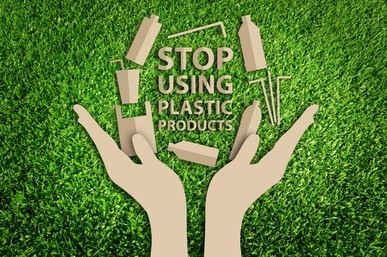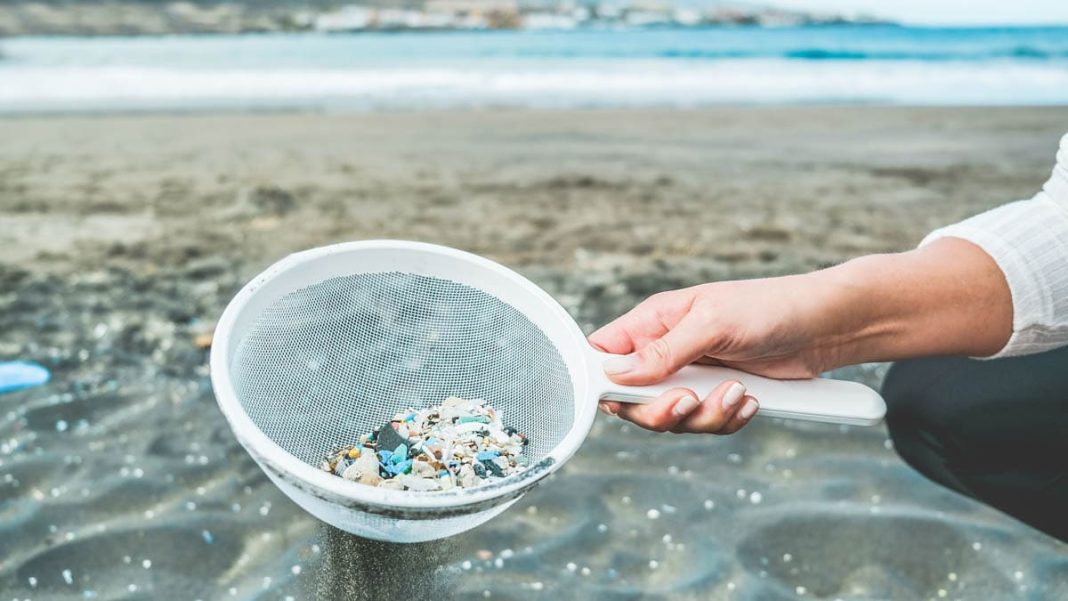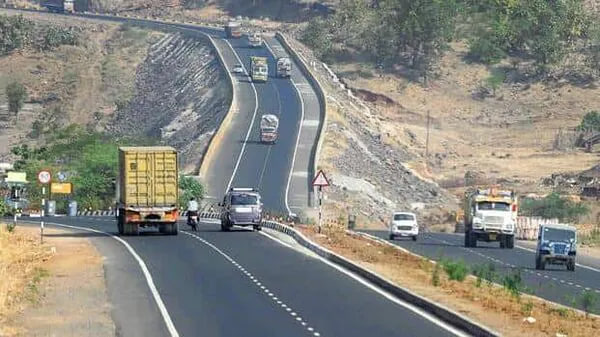Rafiqua Ahmed
This year, the theme on World Environment Day was ‘Solution to Plastic Pollution’. In India, the Government has tried to control the menace of plastic pollution by imposing a ban on the manufacture, processing, sale, and use of single-use plastic (SUP). Due to its versatility, low cost, easy availability, and ease of manufacturing, SUP has become a part of daily life for all sections of people. However, till the early 1980s, there was no use of plastic, and people still led a sustainable life without any problem. But the same generation of people now cannot avoid SUP as it pervades our lives. Thus, SUP is abundantly available despite a Government ban. Most people are unaware that a material that has become embedded in our daily life can have a significant impact on climate and human health, endanger all forms of life, and drive many to extinction.
According to the United Nations Environment Programme (UNEP), about 430 million tonnes of plastics are produced annually all over the world, two-thirds of which are SUP, which soon gives rise to mountains of waste. Plastics, mainly SUP, create many environmental problems. A major problem is that the plastic packaging material, particularly multilayered packaging, takes hundreds of years to decompose. Toxic chemicals added during the manufacture of plastics get transferred to animal tissue and eventually enter the food chain. It clogs the sewers and waterways and ultimately finds its way to the oceans to choke innumerable water species. Discarded or burnt SUP harms human health, biodiversity, and pollutes every ecosystem from the top of the mountains to the bottom of the oceans. The Government, while imposing a ban on SUP, has increased the thickness of plastic carry bags. Despite the ban, heaps of waste generated daily contain huge loads of disposed plastics. Every bit of plastic ever made still exists in our environment, polluting water bodies, damaging the soil, and causing serious health effects.
Pollution is not the only problem of plastic – it also contributes to climate change. The production of plastic is one of the most energy-intensive manufacturing processes. The material is made from fossil fuels such as crude oil, which is transformed using heat and other additives into a polymer. The packaging sector is the largest generator of SUP waste in the world. Approximately 36 per cent of all plastics produced are used in packaging. This includes food and beverage containers, milk pouches, etc. Most items in the kitchen and washrooms come in multilayered plastic packaging, posing acute problems to waste management. Farming is another area where plastics are used abundantly. Similarly, fishing and the fashion industry are major consumers of plastic products. Health care and sanitation are mostly dependent on plastic, 80 per cent of which are SUP. Microplastics, the size of which is less than 5 mm in diameter, are found everywhere in water, food, and air. It is estimated that a considerable amount of such microplastics is consumed by everyone on the planet.

Plastic waste has also taken up a tremendous portion of the dumping sites. The indiscriminate dumping of plastic waste is having detrimental impacts on the environment. The Plastic Waste Management Rules, 2016, amended in 2018 and 2021, specify the ways to treat plastic waste, but its implementation and enforcement have become a challenge for the municipal authorities. The plastic products market in India has now grown to become one of the leading sectors in the country’s economy, consisting of over 30,000 processing units and employing millions of people. The level of greenhouse gas emissions associated with the production, use, and disposal of conventional fossil fuel-based plastics is forecast to grow by 19 per cent of the global carbon budget by 2040.
In January this year, India released new guidelines under its Extended Producer Responsibility norms that introduced the concept of plastic credits for the industry. Under this, companies have a liability to collect plastic waste equivalent to the amount they generate in a year. If a company collects more plastic waste than it generates, it can sell the extra as credit to companies that are not collecting enough plastic waste. Dabur, one of India’s largest consumer goods companies, has claimed that it became plastic-neutral by fulfilling its EPR liability.
Many countries, including India, have successfully resorted to a ‘plastic circular economy’, where they are able to reuse some portion of plastic waste for new products. A systemic change is needed by moving away from the current linear plastic economy, which centres on producing, using, and discarding the material, to a plastic circular economy, where the plastic waste is reduced by utilizing it to make new products. In India, SUP being a polymer is converted to other polymers like PET (soft drink bottles), PVC (pipes and flexible hoses), and polystyrene (food containers). Plastic is added to road construction mix that allows a lower working temperature, thus reducing the emission of volatile organic carbon and carbon monoxide. Another use of plastic is in the making of doors, windows, and furniture. Reliance Industries has recycled PET bottles to make Polyester Staple Fibre (PSF), a great step towards a plastic circular economy.
In a recent market survey on SUP in Assam, it was noticed that the prohibition order was able to halt the sale of SUP only for a limited period, but after a gap of a few months, SUP resurfaced in the market. To solve the problem of plastic menace to some extent, intensive mass awareness needs to be created in order to collect only segregated waste and a penalty should be imposed for non-segregated waste. Behavioral change is also required at individual levels to make a difference, such as avoiding SUP products whenever possible. If plastic products are unavoidable, these should be reused or repurposed until they can no longer be used and then should be recycled or disposed of properly.




